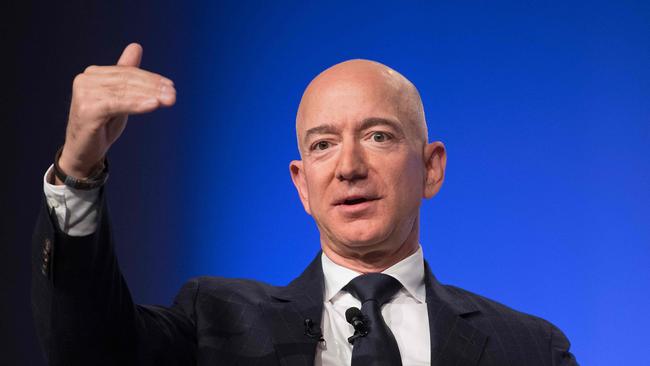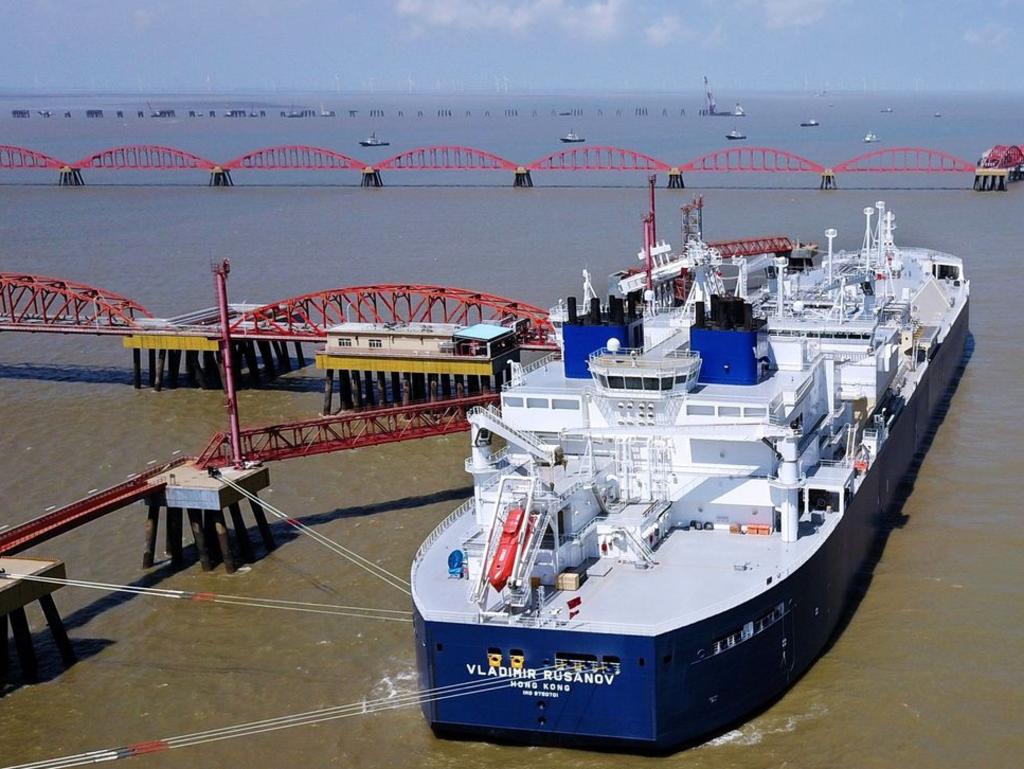Reform revolutionaries need to confront reality
It is becoming increasingly clear that the post-virus world will be defined by an elemental struggle between fantasy and reality.

The reality will be an economy struggling to emerge in any sustained or real way from not only the worst economic collapse since the Great Depression but into a global environment that will itself be battered and shattered and far more hostile than it was just two months ago.
The fantasy — actually a whole variety of fantasies — is captured in the lunatic belief that this will open the door to all those abundance-generating reforms that have been gathering dust literally on bookshelves, figuratively in computer hard drives or the cloud, and inanely in the heads of so-called experts and business leaders.
Never waste a good — or indeed, bad — crisis has emerged as the post-virus instruction manual. It never seems to occur to each cohort that every interest group will be seizing on the same manual; history tells us that this is unlikely to be conducive to rational outcomes.
Last week I lamented the stupidity that was both informing our political rulers and the accompanying stupidity with which those rulers were acting.
Step up the business community: why should our stupidities be excluded?
So we see claims that this will be the perfect environment for the reforming “hard decisions” across the policy spectrum — tax, industrial relations, red, green and black tape, etc etc.
Do these idiots have the slightest idea of the reality that we will be emerging into? It’s a rhetorical question with an unambiguous answer: no.
We will have a federal government which will have presided over two years of budget deficits aggregating to over $200bn if not, easily feasibly, $300bn, and total gross debt approaching $1 trillion.
It won’t be my trillion which would have been significantly offset by a $600bn-plus Future Fund sovereign wealth fund, but the old-fashioned sort of government debt, not matched by assets.
The federal red ink will be accompanied by corresponding budget deficits and debts at the state level. All levels of government will be facing continuing budget deficits into the forever future.
So this is the world in which the business community sees it “so easy” for the government — by then, little more than one year out from an election — to propose turning the long-running business fantasy into reality.
That it would be just so easy for this government, facing a continuing budget deficit of, say, $50bn a year, to promise to slash the corporate tax rate and double the GST?
Gee, I’m sure voters in a world of, say, a 10 per cent official jobless rate — a real rate probably closer to 20 per cent — would fall over themselves to embrace such a policy program.
Doubling the GST
What’s not to like about doubling the GST and giving tax cuts to business when you are either out of work or struggling to make ends meet even in a job?
And gee, everyone led by the unions is going to rush to sign up to a new program of IR deregulation and shipping even more jobs off to China; especially China. Let me try to spell it out to the dunderheads in business, which does not leave too many out.
We cannot even go back to the sluggish economy we had up until March, where the great Ponzi scheme, built on 200,000-plus immigrants each year and a Melbourne-Sydney property and construction frenzy backed up by belated infrastructure spending drove the economy, was on increasingly unsteady and unsustainable legs.
Supported, as it was, of course, by ever-rising numbers of Chinese students and tourists, with the high-rollers adding a top-end dimension to the churning of the big gambling element in the economy, which also dribbled a few dollars into state revenues.
Plus the coal and iron ore exports that fed into the relentless Chinese push for ever more global industrial domination, which was also finally running out of steam pre-virus.
Does anyone seriously think that come a certain date — I dunno, September 1? — that we can flick a switch and “everything” restarts again, just as it was before it was stopped by order of local and global governance? Like pressing play on the freeze-frame on the big Chinese-made TV?
Very different world
Consider the very different world we will be going back into. It won’t be the one, which itself was also running out of steam under the various individual Ponzi-schemes, on which it was increasingly shakily built.
The two central ones were the China Ponzi and the Wall Street Ponzi.
In the case of China, its relentless Malthusian-like push for ever greater global industrial dominance.
In the case of Wall Street, the 10 years of central banks propping up — or more accurately, attempting to prop up — their economies with the ultimate “trickle down” policy mix of zero interest rates and money-printing.
Yes, it kept the wolf from the door, but at the expense of further, obscenely, enriching the already asset-owning rich and super-enriching the already very rich.
Jeff Bezos and his Amazon stand at the beneficial pinnacle of the union of those two Ponzis.
In Australia we were not sucked quite as deeply into that morass as our Reserve Bank was able to, and to its great credit, resisted going to zero and QE. Our shares never reached the height of Wall St; our property did join the global boom thanks to population and Chinese money.
But thanks to the virus we have joined the world of QE and zero rates, as the world tries to embark on its second decade in trying to prop up the ultimately unpropable.
This is just the big picture of the nasty and brutish world we face. There are a multiple of specific policy challenges — like force-feeding the return of a broad spectrum of manufacturing to Australia.
Or do we want to rely even more on China to deliver us both the next virus and the medical equipment and medicines to fight it?








It is becoming increasingly clear that the post-virus world will be defined by an elemental struggle between fantasy and reality.